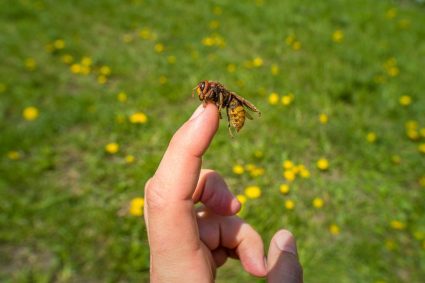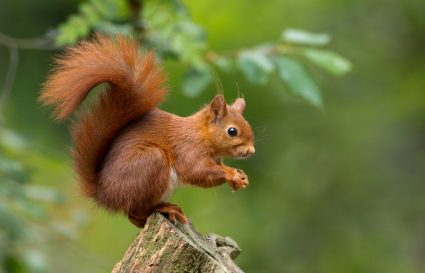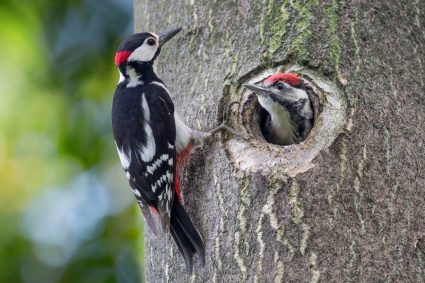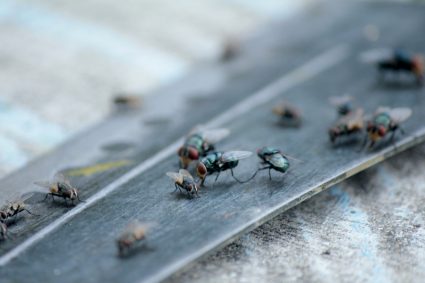
Birds, with their enchanting melodies, have always caught the attention of humans. Their chirping is not only a source of joy for bird enthusiasts but also a subject of curiosity for many. One commonly asked question is, “Why do birds chirp at night?” This article will delve into the reasons behind this intriguing behavior, its impact on the birds and their environment, and how it affects our mental health.
Birds chirp at night for several reasons such as communication, mating season, issuing warnings, disorientation due to light pollution, during migration, baby birds seeking attention, and song practice. The species of the bird, the season, urban light pollution, and environmental changes can all influence this nocturnal behavior.
Primary Reasons Behind Nocturnal Chirping
Birds chirp at night for various reasons, including:
- Communication: Birds use chirping to communicate with each other. This communication can involve attracting mates, warning of dangers, claiming territories, or during migration.
- Mating Season: During spring, the breeding season for most birds, male birds often sing louder and complex songs at night to attract a mate.
- Warning Signals: Birds can chirp at night to warn other birds of potential threats, especially during the breeding season.
- Disorientation: Light pollution in urban areas can disrupt birds’ sleep cycles, causing them to become active and sing when they are meant to be asleep.
- Migration: Many birds migrate at night, using chirps as flight calls to communicate with each other and stay together in a flock.
- Baby Birds: Chicks may chirp at night to be fed by their parents or to get their parents’ attention.
- Song Practice: Some birds practice their songs at night to improve their vocalizations.
Influence of Bird Species on Nocturnal Chirping
The species of the bird can significantly impact their nocturnal chirping behavior. Some bird species, like the Northern Mockingbird, Eastern Whip-poor-will, and Barred Owl, are adapted to nocturnal life and use their chirps to communicate in the darkness. Other birds, like the American Robin, can be affected by artificial lights, leading them to sing at unusual hours.
Impact of Mating Season on Nocturnal Chirping
The mating season plays a pivotal role in birds chirping at night. During spring, male birds that are typically quiet throughout the year may become more vocal to attract a mate. Once the chicks hatch, you may hear baby birds chirping at night to be fed by their parents.
The Role of Urban Light Pollution
Urban light pollution affects birds’ nocturnal chirping by disrupting their circadian rhythms. This can lead to changes in birds’ reproductive behavior, such as breeding earlier. Moreover, artificial night lighting can disorient birds during migration, leading to fatal building collisions.
Impact of Nocturnal Chirping on Local Ecosystems
Nocturnal chirping of birds can have significant impacts on local ecosystems. For example, anthropogenic noise pollution has been shown to negatively affect species richness of owls in urban environments. Moreover, nocturnal bird chirping contributes to the overall biodiversity of ecosystems, enriching the acoustic landscape and enhancing the ecological roles and interactions within their environments.
The Therapeutic Effect of Bird Chirping
Bird chirping has been found to have a positive impact on mental health. Studies have shown that being around birds and listening to their songs can improve mental well-being, reduce feelings of anxiety, depression, and paranoia, and even provide relief from mental fatigue and stress. These benefits can last up to eight hours after hearing birdsong.
In conclusion, nocturnal chirping in birds is a fascinating behavior influenced by various factors like species, mating season, light pollution, and environmental changes. Understanding why birds chirp at night can help us appreciate these creatures even more and take measures to protect them and their habitats.
Frequently Asked Questions
What is the impact of climate change on bird’s nocturnal chirping?
Climate change can disrupt the timing of birds’ breeding seasons, migration patterns, and food availability, which may alter their nocturnal chirping patterns. Changes in temperature and weather patterns can also affect bird populations and their habitat, further influencing their nocturnal activities.
Are there any species of birds that do not chirp at night?
Yes, many bird species are diurnal, meaning they are active during the day and sleep at night. Examples include most songbirds like sparrows, finches, and warblers. These birds typically do not chirp at night unless disturbed or in response to artificial light.
How can we reduce the impact of light pollution on bird’s nocturnal chirping?
We can help reduce the impact of light pollution on birds by implementing ‘dark sky’ practices. This includes using outdoor lighting only when necessary, selecting warm-hued LED lights, and directing lights downward to minimize the amount of light that goes into the sky.
Why do birds chirp early in the morning?
Birds often chirp early in the morning in a behavior known as the ‘dawn chorus’. This behavior is thought to be a way for birds to claim their territory, attract mates, and communicate with each other before they start their day. The calm air and less background noise in the morning make their songs carry further.
What can we do to encourage birds in our gardens?
You can encourage birds in your garden by providing food, water, and shelter. Planting native trees and shrubs can provide natural food sources and nesting sites. Bird feeders and bird baths can also attract various bird species. Providing birdhouses can offer safe nesting sites for birds that nest in cavities.










